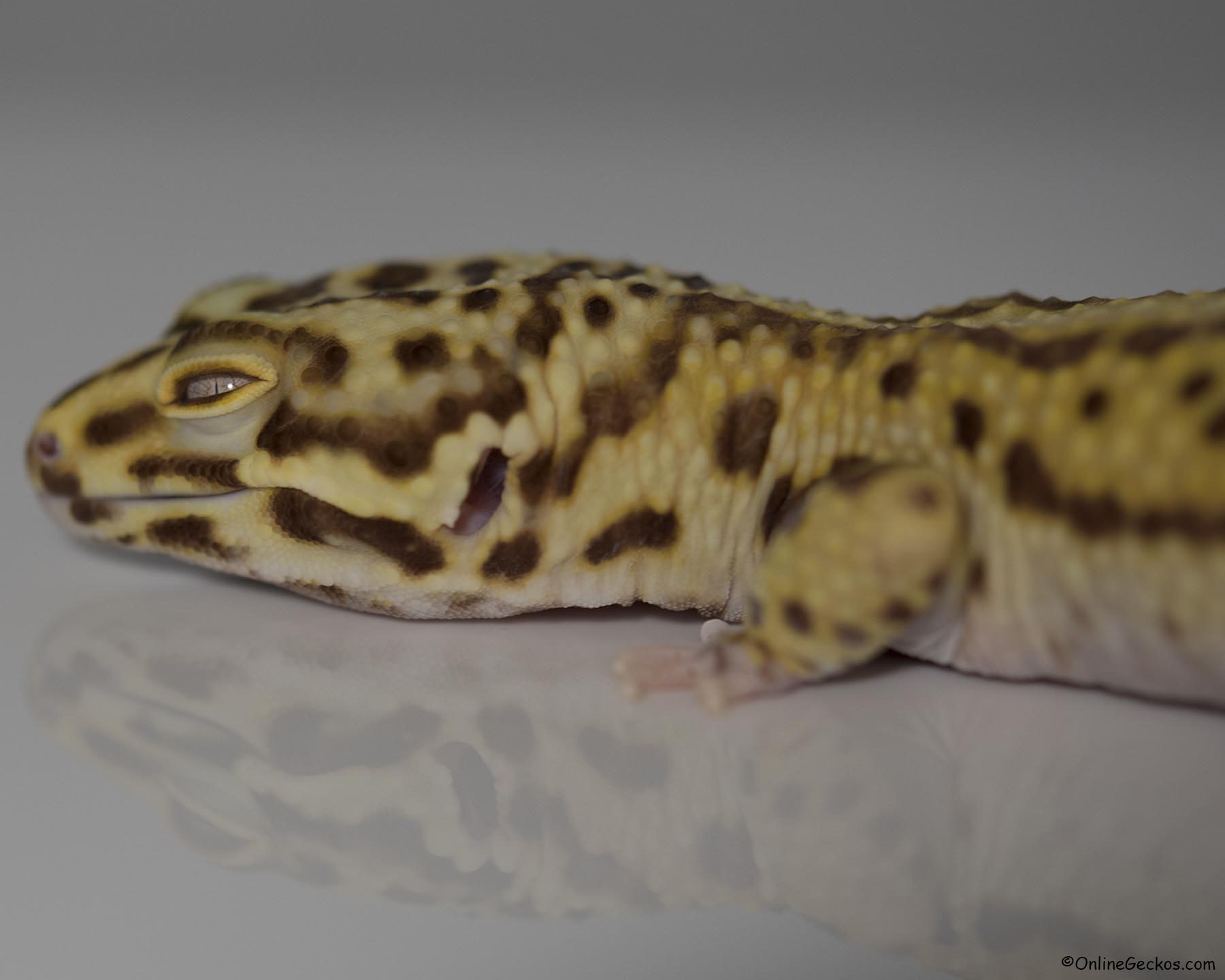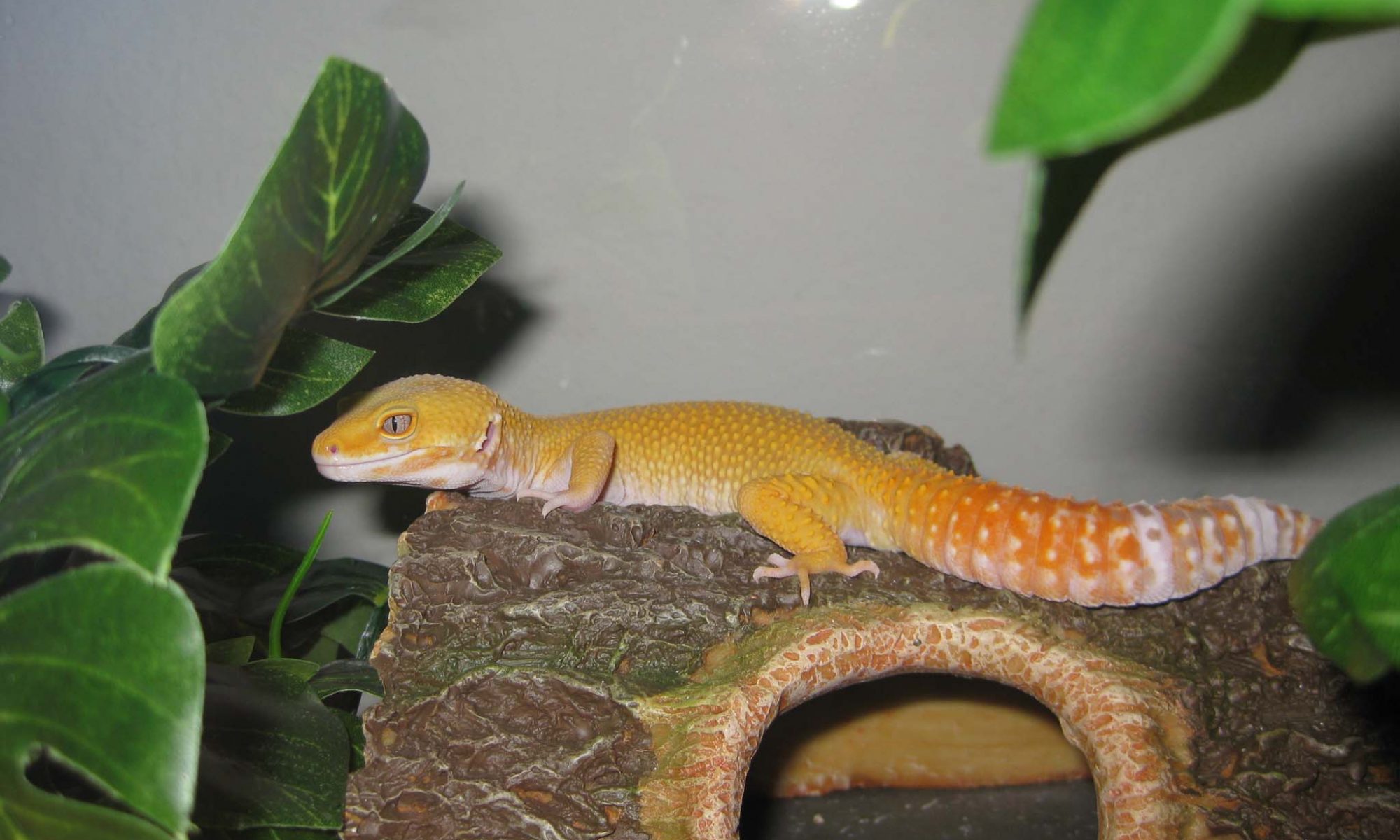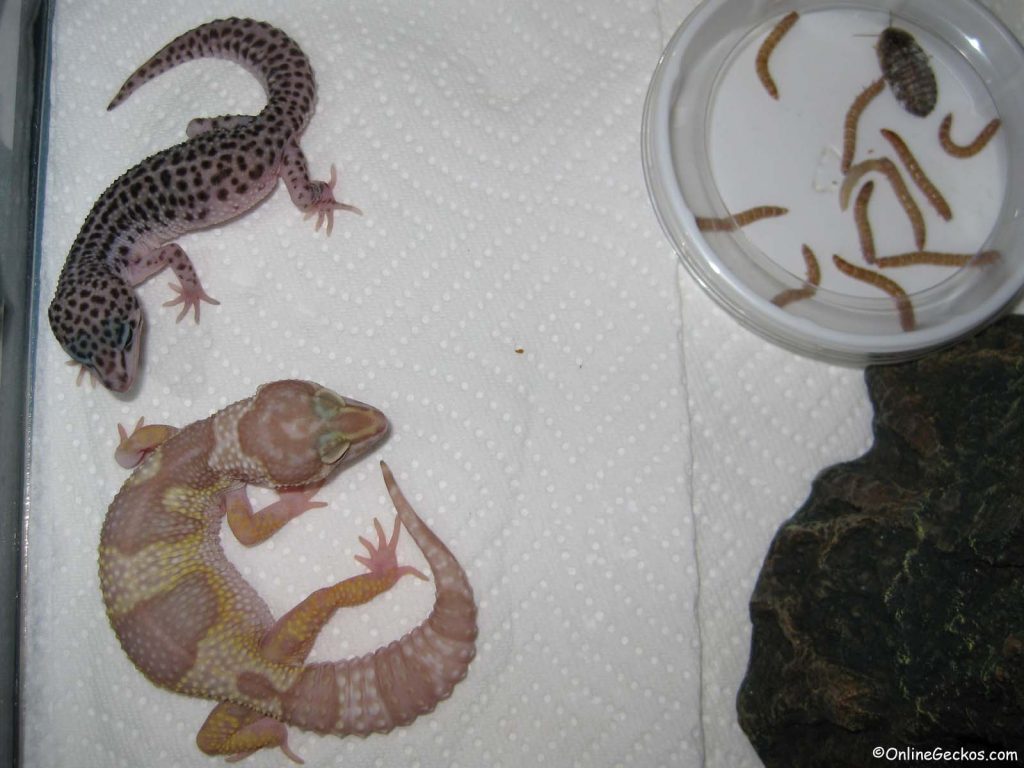What leopard gecko calcium powder do I use? Calcium with D3 or without D3? What brand of vitamin is best? How do I dust feeders? How often should I dust my feeders? Should I gutload feeders? These are all very common questions from leopard gecko hobbyists. We will go through all these questions and hopefully clear things up for you. Here is an easy to follow comprehensive gecko feeding/supplement guide. So let’s get started!
What multivitamin for leopard geckos and african fat-tails?
There are two brands we recommend, they are Repashy Calcium Plus, and Zoo Med Reptivite with D3. We have used these two commercial multivitamins extensively for over 5 years. They have worked very well for us. These are all-in-one leopard gecko calcium and multivitamin supplements, they contain vitamin D3, calcium, other vitamins, trace minerals, and carotenoids for dusting insects . If you use one of these two products, you will not need additional supplement on the side.
As a breeder, I lean towards Repashy Calcium Plus. It is a slightly more potent formula. When our female breeders go through 6-7 months long of breeding season each year, sometimes laying up to 15-20 eggs, their bodies get really drained and exhausted. Repashy Calcium Plus has worked wonders for us. For general hobbyists not breeding, Zoo Med Reptivite with D3 will do just fine.
Here is Repashy Calcium Plus ingredients list and guaranteed analysis:
INGREDIENTS: Calcium Carbonate, Dried Kelp, Dried Brewer’s Yeast, RoseHips, Calendula Flower, Marigold Flower, Paprika, Hibiscus Flower, Algae Meal, Turmeric, Rosemary Extract, Natural Fruit Flavor, Magnesium Amino Acid Chelate, Zinc Methionine Hydroxy Analogue Chelate, Manganese Methionine Hydroxy Analogue Chelate, Copper Methionine Hydroxy Analogue Chelate, Selenium Yeast. Vitamins: (Vitamin A Supplement, Vitamin D3 Supplement, Calcium L-Ascorbyl-2-Monophosphate, Vitamin E Supplement, Niacin, Beta Carotene, Pantothenic Acid, Riboflavin, Pyridoxine Hydrochloride, Thiamine Mononitrate, Menadione Sodium Bisulfite Complex, Folic Acid, Biotin, Vitamin B-12 Supplement).
Guaranteed Analysis: Crude Protein min. .2%, Crude Fat min. .2%, Crude Fiber max. 4%, Moisture max. 8%, Calcium min. 17%, Vitamin A min. 200,000 IU/lb, Vitamin D min. 20,000 IU/lb, Vitamin E min. 2,000 IU/lb.
How often should I dust my insect feeders? Do I still need to gutload?
When using one of these two products, you should dust your feeders at every feeding. So for young/juvenile leopard geckos, you would usually feed every day or every other day. You should dust your insects each time you feed. As your geckos age, once they reach adulthood (12 months old+), they’ll likely eat less, maybe every 3-4 days. You would still dust the insects every 3-4 days as you feed them.
Yes you should still gutload your feeders. What gut-load means is you would feed your insects 24 hours before feeding them to your geckos. This way when you feed them to the geckos, they’ll be full of nutrients and moisture. Your geckos are what they eat. The more nutritious the insect feeders are, the more well fed your geckos will be. Carrots are one of my favorite veggies I use to feed my insects with. You can use leafy greens as well, or oats/bran.
How do I dust feeders with leopard gecko calcium?
The most popular method is shake-n-bake. You take a plastic sandwich bag, drop some feeders in it, dust the feeders with your multivitamins, then shake them up. I’ve made a video explaining how to dust & gutload feeders, take a look:
Do I still need to leave leopard gecko calcium inside the tank? Calcium with D3 or without D3?
One of the common things gecko hobbyists used to do was to leave a bottle cap full of pure calcium, phosphorous free, inside the tank at all time. This was back in the days before all-in-one supplements became popular. Now, with Repashy Calcium Plus and Zoo Med Reptivite with D3, you don’t need to leave calcium inside the tank anymore.
But, it’s totally fine if you want to still do it. We still do it with our breeder females, and we watch them lick the calcium powder up very often. Here we recommend Zoo Med Repti Calcium without D3.
When leaving leopard gecko calcium inside the tank for free-feeding, it’s important to only use pure calcium, phosphorous-free, without vitamin D3. Reason for that is because too much vitamin D3 can be toxic for your leopard geckos. You can’t control how much they eat when you leave calcium in the tank, that’s why you should only use the formula without vitamin D3. Zoo Med Repti Calcium without D3 works perfect for this purpose.
Your leopard geckos will get their D3 needs when you dust multivitamin powders during feeding. By the way, Zoo Med Stainless Steel Feeding Tongs are great when it comes to feeding your geckos. They make reaching for insect feeders easy, and they clean up well. Also get yourself escape-proof feeding dishes such as OMEM Ceramics Made Worm Dish. Smooth surface and inwardly curved walls make them perfect dubia roaches & mealworms escape-proof feeding dishes.
Vitamin Expiration and Quality/Potency Degradation
One final important thing regarding leopard gecko multivitamin supplements. Once you break the seal on a bottle of vitamins, the potency of the vitamins will degrade over time. There are gecko hobbyists that don’t realize there is an expiration date on their bottle of gecko vitamins. For optimal vitamin potency and stability, you should use up your multivitamin within 1 year of opening the seal. You also shouldn’t buy a bottle of vitamins if it’s near or after the expiration date.
I believe this covers it all. Proper multivitamin supplements on well gutloaded insects is essential for your leopard geckos to live long and healthy lives. Don’t forget to read up on our comprehensive guide on leopard gecko temperature and heating requirements. Your geckos can’t digest food properly if they do not get proper belly heating.


